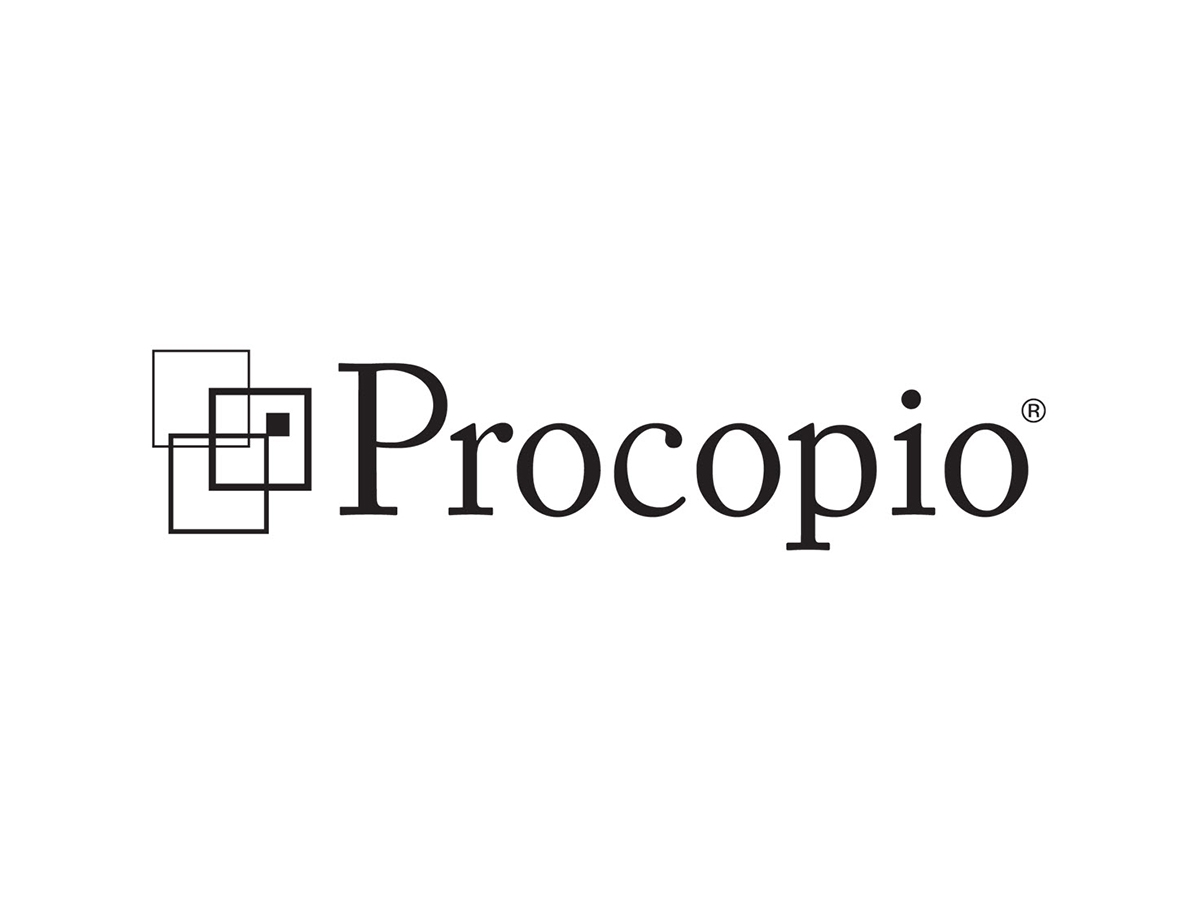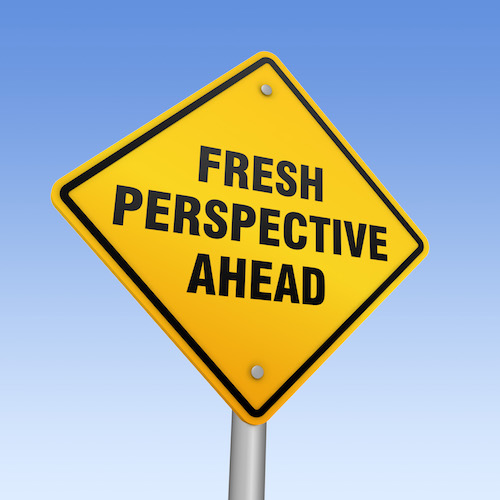Open Source and Patent Rights
Use of free open-source code can be a massive accelerant when building complex software applications. Why reinvent wheels? And depending on resources and budget, sometimes it’s the only practical way. But like with most things, free often isn’t really free. The cost is just transferred somewhere else. When it comes to open source, these short-term savings can have significant long-term consequences for your intellectual property rights.
For some licenses, if open-source is included and combined with other proprietary software, the combination of that software becomes bound by the open-source license terms. This viral, infectious attribute can have profound implications for code intended to be proprietary and protected. Consequences can include being required to release your code to the public domain as open source, automatic patent licenses for other users of the open source, and an inability to assert patent rights against infringers of your invention. The scope can be so surprisingly broad that it can include both existing patents, as well as future acquired patents! These risks are in play whether you knowingly or unknowingly included open source in your software – and whether it was done by your employees or by third party developers who understandably love to leverage open source for faster turnarounds and reduced labor costs.
A Massive Startup Blind Spot
Adoption of open source in commercial applications initially started out pretty wild west, but eventually legal teams started raising concerns, particularly around the use of copyleft licenses, which we’ll talk about later, but the guidance was legalistically vague, often paralyzing as a developer, and never included guidance around implications for patents. Flash forward to present, and if you look around for resources on the web, you’ll find that things unfortunately haven’t changed much. This is dangerous. And it’s creating a massive blind spot for many startups that aren’t having the conversation they don’t even know they need to be having around the risk/reward balance of the use of open source in software applications that are intended to be commercial, proprietary, and protected with assertable patent rights.
This episode is the beginning of our attempt to shine some light and start facilitating the important conversation startups need to be having around these concerns. Some of these concepts are super muddy and still largely untested by the courts. Further, the answers for your scenario will be highly dependent on license type, what you’re doing with the code, how you’re invoking it, and how it’s being distributed. So, while there is not yet a black and white recipe backed by case law, there is a lot of gray to at least be aware of – and known potential risks startups should be discussing when using or contributing to open source. It is our goal to highlight some of those risks and provide practical pointers around how you can then apply that knowledge to better understand how using or contributing to open source could drastically impact your intellectual property rights.
Episode Overview
Kristen Hansen, Patent Strategist and software patent guru at Aurora, leads a discussion along with our all-star patent panel, exploring:
- The fundamentals of open-source licensing and how certain viral license types can require you to publicly make available your company’s source code.
- How copyrights, patents, and open-source licenses differ in terms of software protection strategies.
- Whether or not – and why you might – patent open-source software and the often-proprietary code that leverages it, as well as the associated patent right assertion risks that can come with doing so.
This is done in part through a working example around using and patenting software that includes OSS and is rounded out by a conversation with practical tips on source code scanning, working with third-party developers, and understanding license-specific implications.
We look at concerns through the eyes of both users and authors of open source. And pragmatically as we can, highlight how it’s possible to construct a strategy where open-source innovation is encouraged without forgoing all future earning power and without blocking others from using it.
Discussion Panel
Kristen has worked both as a Software Engineer and a Software Patent Agent for the last two decades. She has worked closely with software inventors from some of the Big Tech Valley giants looking to utilize open-source software, while still maintaining their assertable patent portfolios. We couldn’t think of a better person to lead this conversation! Kristen is joined today by our always exceptional group of IP experts including:
Future Analysis
While the following topics are touched on, there’s still ground we’d like to cover. In future analysis, we plan to drill further into patent-specific concerns of:
- Express patent license grants, which could trigger an implied license of your software for any other competitor software using the same open-source library.
- Patent retaliation clauses that can invalidate your use of an open-source license should you choose to exert your patent rights on infringers.
- Permissive vs. Copyleft. How these clauses and grants apply and differ in scope when it comes to some of the more common permissive licenses like Apache 2.0 (which surprisingly includes both retaliation and patent grant clauses) and MIT – as well as the usual suspect strong and weak copyleft licenses like GPL and LGPL.
This is screaming for a really nice visual table like we published for foreign filing license concerns. If you have or know of one, please drop a link in the comments below. Otherwise, we’ll get to work on that!
Going Deeper on Software Patents
Software is a key ingredient to most of today’s innovations, so we’ve devoted a lot of air time to covering software patents in past episodes.
Kristen Hansen
Kristen Hansen is an Electrical Engineer and Patent Agent with Aurora Consulting and a USPTO-registered patent practitioner with over 15 years of experience focusing on developing U.S. and international patent […see more]
Josh Sloat
Josh Sloat serves as an Executive Technology Advisor with Aurora Consulting and provides consultation for patents in the software, information technology and telecommunications spaces. With over 15 years of engineering […see more]







